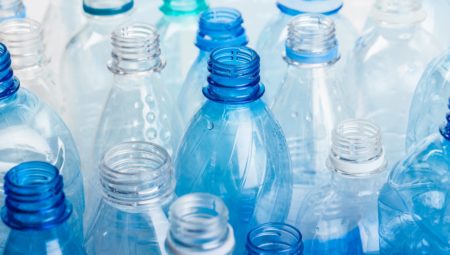The bottle was invented by the Danish joint venture Paper Bottle Company. Multinationals such as Carlsberg, Coca-Cola and Danone support the idea of using vegetable bottles to reduce environmental damage. At the end of 2019, Avantium joined the Paper Bottle project. Avantium is also project coordinator of the “PEFerence” consortium, a BBI JU flagship project aimed at establishing an innovative FDCA and PEF supply chain in Europe.
Later this summer, Avantium is set to talk about its partnerships with other food and drink companies. It expects to make 5,000 tonnes of PEF every year at in the new plant from 2023 onwards, and more as demand is increasing.
Every year, tonnes of plastic are made from fossil fuels, affecting the climate and the world’s oceans because these plastics take hundreds of years to decompose. The new plastic is made from renewable sources, like biowaste and agricultural residual streams from corn, wheat or sugar beets production. By using a composter, it can be decomposed in one year if left outdoors. Besides, the bottles can be easily recycled.
Image: one photo/Shutterstock



